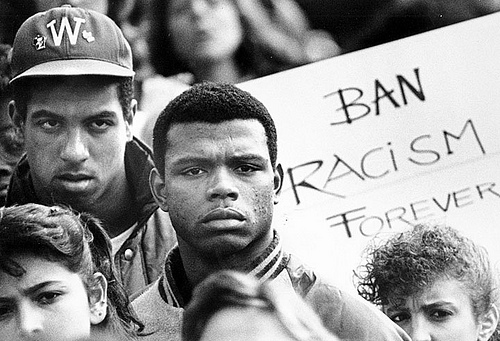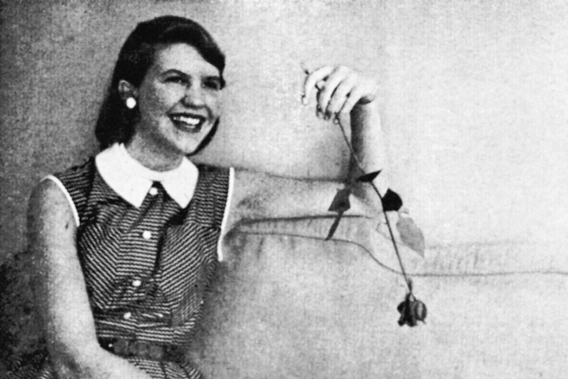Lately, I've become accustomed to the way
the ground opens up and envelops me
each time I go out to walk the dog.
Or the broad-edged silly music the wind
makes me when I run for a bus...
Things have come to that.
And now, each night I count the stars,
and each night I get the same number.
And when they will not come to be counted,
I count the holes they leave.
Nobody sings anymore.
And then last night, I tiptoed up
to my daughter's room and heard her
talking to someone, and when I opened
the door, there was no one there...
only she on her knees, peeking into
Her own clasped hands.
***
Exploration of the Text.
1. What is the mood of the speaker in the opening lines? What images suggest his feelings?
- The speaker has lose his interest to continue living, thus making his mood melancholic. Such can be proven when he said he's been accustomed to the wind blowing that it no longer excites him.
2. What is the significance of the daughter's gesture of peeking into "her own clasped hands"?
- His daughter peeking into her own clasped hands suggests that her faith in God is still strong and believes in Him, inadvertently telling the speaker to not give up on life.
3. What does the title mean? How does it explain the closing line?
- "Preface" suggests that this poem is one of many more, perhaps in a book containing notes regarding suicide. "Her own clasped hands" shows that we can always make a difference in our life, it leads back to ourselves. Suicide is done by one's own choice and the decision to "clasped hands" is when one has decided to not give up on oneself.
4. Why does Baraka have three short lines, separated as stanzas? How do they convey the message of the poem?
- The first line, "things have come to that" and the second line "nobody sings anymore" are to emphasize the stanzas before whereby the speaker is telling us that he indeed has become "accustomed" to life that none of its element is moving him. The third line, "her own clasped hands" is turning the poem into a new direction by showing us that the young and innocent daughter of his still has beliefs and is doing something (praying) to keep her life.
5. Why does Baraka begin stanzas with "Lately," "And now," and "And then"? What do these transition words accomplish?
- The transition words shows that the speaker's thoughts, emotions and opinions have been first emphasized then shifted as he witnesses his daughter praying.
6. How does the speaker feel about his daughter? What does she represent to him?
- With the way the speaker talks about his daughter, she is a symbol of hope and faith. She is also could be the reason why the speaker has yet to take his own life.




